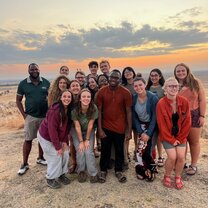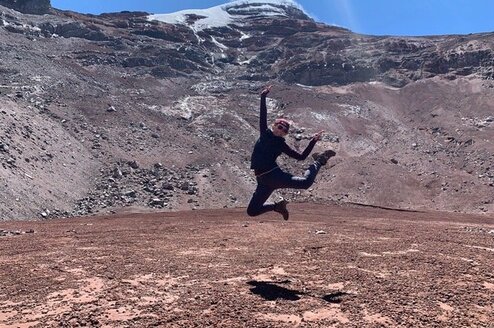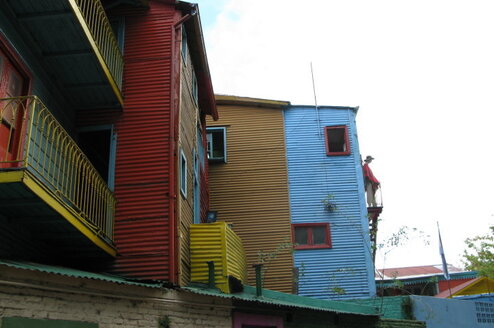SIT Study Abroad: Tanzania: Wildlife Conservation & Political Ecology
Location
- Tanzania
- Arusha
Term
Fall, Spring
Subject Areas
Conservation and Preservation
Cultural Studies
Ecology
Political Science
Wildlife Sciences
Need-based funding, Merit-based funding, General grants/scholarships, BIPOC funding
Health & Safety
Jan 03, 2025
Feb 10, 2025
1 traveler is looking at this program
About Program
Tanzania is a beautiful and diverse country, home to the Serengeti Plains, Mount Kilimanjaro, and the Zanzibar archipelago. You’ll spend time camping in these wilderness areas to see the variety of Tanzania’s landscapes and wildlife, including lions, zebras, elephants, and a range of bird species including ostriches and Kori bustards. As you learn ecological field techniques and national park management, you’ll see how human development and population growth affect natural habitats and vice versa. You’ll learn to reframe notions of sustainability in relation to local population needs, perspectives, and values.
Video and Photos
Diversity & Inclusion 💙
BIPOC Support
LGBTQIA+ Support
Neurodivergent Support
Accessibility Support
Program Highlights
- Spend time at Randilen Wildlife Management Area, Tarangire, Mkomazi, and Serengeti Parks, Ngorongoro Conservation Area and Mazumbai Forest Reserve.
- Speak with local communities to understand issues of human-wildlife conflict, deforestation, agriculture, gender, culture, and population growth.
- Explore conservation through multiple lenses.
- Network for your academic and professional careers.










